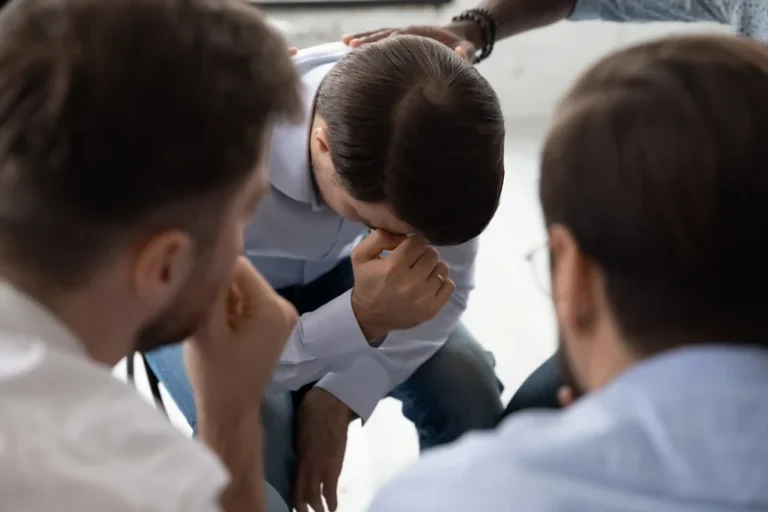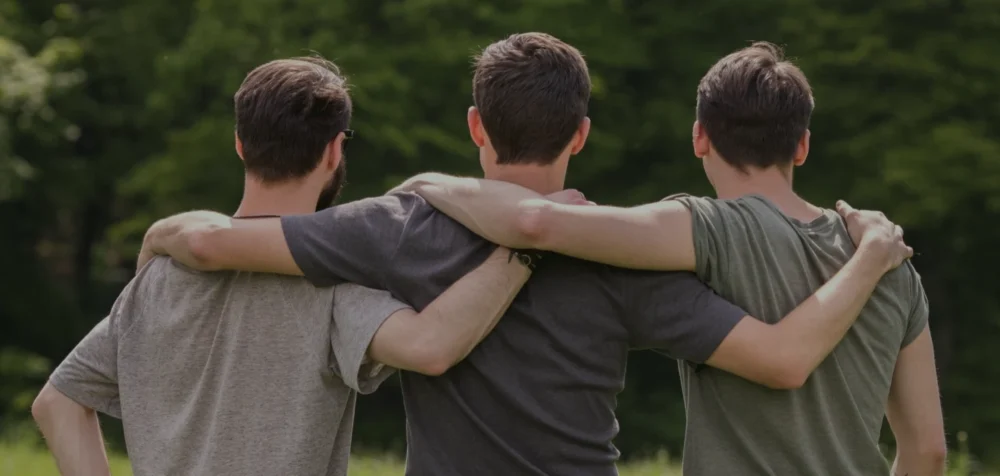
Rula’s editorial team is on a mission to make science-backed mental health insights accessible and practical for every person seeking to better understand or improve mental wellness. Reframe supports you in reducing alcohol consumption and enhancing your well-being. The Reframe app equips you with the knowledge and skills you need to not only survive drinking less, but to thrive while you navigate the journey. Our daily research-backed readings teach you the neuroscience of alcohol, and our in-app Toolkit provides the resources and activities you need to navigate each challenge. Panic attacks can be triggered by unpreventable conditions or circumstances, but there are factors within our control that we can use to help prevent and manage them.
Alcohol And Panic Attacks

Moreover, studies show that individuals with pre-existing anxiety disorders are more susceptible to experiencing negative effects from alcohol consumption. They may use alcohol as a coping mechanism but find themselves trapped in a cycle where their anxiety worsens over time. Regular drinkers may experience withdrawal symptoms Twelve-step program when they stop or reduce their alcohol intake. These symptoms can include increased anxiety levels, irritability, and restlessness—conditions that may precipitate a panic attack. Drinking alcohol can initially create feelings of relaxation and euphoria. However, as the body metabolizes alcohol, it may lead to rebound anxiety.

Anxiety and depression
Severe alcohol withdrawal symptoms may require medical attention, which is available when you reach out for help to recover from your AUD. If you struggle with alcohol use disorder (AUD), panic attacks, or both, Charlie Health is here to help. Alcohol consumption can trigger panic attacks through direct physiological effects and withdrawal symptoms. Both acute intoxication and cessation of prolonged drinking may lead to increased anxiety and panic episodes in susceptible individuals. Research has shown a significant link between alcohol use disorders and panic disorders. Many individuals seeking treatment for panic attacks have a history of alcohol dependence, highlighting the interconnected nature of these mental health issues.
- One found 35.8% of alcohol-dependent men and 60.7% of women reported anxiety symptoms.
- Implementing these strategies could provide some relief from post-drinking anxiety.
- They are not necessarily linked to anxiety disorders, but people diagnosed with anxiety or panic disorder are more likely to experience them.
- Unfortunately, as the alcohol levels wear off, there is a decrease in the inhibiting effects of the neurotransmitters, and the brain interprets the shift as threatening.
- This can lead to a rise in anxiety, which can set off a panic attack.
The Fear of Swallowing and Choking: A Comprehensive Q and A

While small amounts of alcohol may initially reduce anxiety, heavy drinking can deplete GABA, leading to increased tension and panic. Attempting to detox from alcohol without professional supervision can be dangerous, especially for those at risk of severe withdrawal symptoms like panic attacks. Alcohol withdrawal can be life-threatening, particularly for individuals with a history of long-term alcohol use, which may have caused damage to their heart, gastrointestinal tract, or liver. For individuals who already suffer from anxiety disorders, the process of detoxing from alcohol can exacerbate their symptoms.


You might have felt anxious before a job interview or giving a speech to a large audience. Alcohol withdrawal symptoms usually begin within eight hours after someone has their last drink, but they can also occur several days later. For most people, the symptoms will peak during does alcohol cause anxiety the first few days, but they can continue for weeks. Drinkaware UK provides some useful online tools to help you to reduce your alcohol intake. It is also recommended that you consult your GP if you are concerned that you have a drinking problem. Anxiety can affect every part of our lives, but anxiety at night can often feel much worse than in the day – stopping us from falling asleep, or waking us in the early hours of the morning.
A primer on anxiety disorders
The withdrawal period normally peaks 72 hours after the blood alcohol level drops. The effects of withdrawal often ease 5 to 7 days after drinking ends. If you or a loved one uses alcohol to cope with anxiety, especially during socializing, it may lead to being dependent on alcohol, https://ecosoberhouse.com/article/teen-drug-abuse-how-to-prevent-drug-use-in-teens/ especially in social settings. Talk to your doctor about alcohol consumption before taking any of these medications, as side effects can be harmful or fatal.